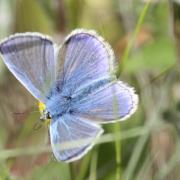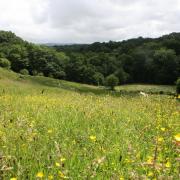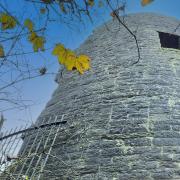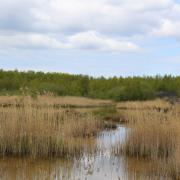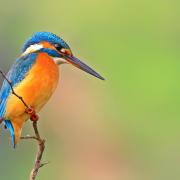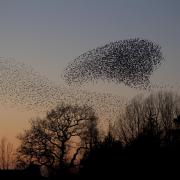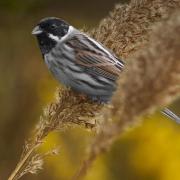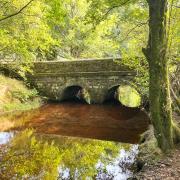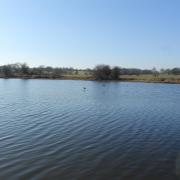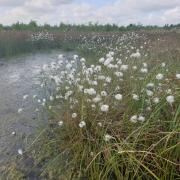Joining the Big Beachwatch Weekend can be rewarding experience as well as a chance to meet like-minded people, says Kate Wilson of the Marine Conservation Society
Two shopping trolleys, a Bible, a car gear stick, a tube of Russian toothpaste, a set of vampire teeth, a vacuum cleaner, a pink thong, a suitcase, three tents, part of a Chinese medical certificate, a collar and lead minus the dog, Christmas tree lights, an old shop till and a plastic hamster.
This motely collection was recently removed from one of our beaches. Weekends and weekdays, rain or shine, selfless bands of men, women, children and the occasional well-behaved dog give up their time to keep our beaches clean.
Long before anyone thought of the Big Society, we had energetic groups from the tip of Morecambe Bay down to the Mersey and beyond working like modern day Canutes to turn back the tide of plastic that threatens to engulf our northern shores.
And you can help, too.
For centuries, our seas have been used as a repository for everything from raw sewage to toxic waste. Despite legislation to reduce pollution, levels continue to rise. One of the easiest to see, and one of the most harmful, is the vast quantity of plastic which washes up on the north west coast.
The Marine Conservation Society stages its annual Beachwatch Big Weekend in September – the only national beach litter clean up and survey in the UK. Since it began in 1994, thousands of volunteers have been involved, removing tens of thousands of tonnes of rubbish directly from our shores. Last year’s Beachwatch survey found more than 2,730 pieces of litter per kilometre on north west beaches alone.
This litter poses an enormous and growing threat to the marine and coastal environment, and directly harms wildlife through entanglement and ingestion. The survey shows the main offenders continue to be those who discard plastic.
We’ve been brought up to take plastic for granted and we’ve grown used to just throwing it away, too. But this durable, lightweight substance has two other qualities - it floats and it lasts for a very long time. It doesn’t biodegrade - it just breaks down into smaller pieces, until we are left with a soup of microscopic plastic. In some places, there are now more ‘microplastic’ pieces in the seawater than zooplankton, the life form which includes things like corals, sea anemones and jellyfish.
Toxic pollutants stick to the surface of plastics leading to high concentrations which could enter the food chain when they are eaten by marine invertebrates and are subsequently passed to the fish that we eat.
There is one other potentially severe consequence of our tendency to discard plastic - invasive non-native species that hitch a ride on floating fragments. They move by wind and current, crossing climatic zones to our coastal waters where they can become established.
But individuals across the north west are finding they can make a difference - and you can too by joining the Beachwatch Big Weekend. It’s a great first step towards saving our coastal environment.
A Day well spent
‘We had a fantastic time, all our members and friends really enjoyed the day and we can’t wait for the next one! I think it must be the most successful and talked about event we have ever been involved with - such a fabulous day’.
It’s not the reaction you normally get from someone clearing up other people’s mess. But the words come from David Hewett, Secretary of Rossall Beach Residents & Community Group, who staged a highly success beach clean recently.
You can find out about becoming a Beachwatch Organiser in your area or get involved in Beachwatch Big Weekend from September 14 to 17 by visiting www.mcsuk.org.



